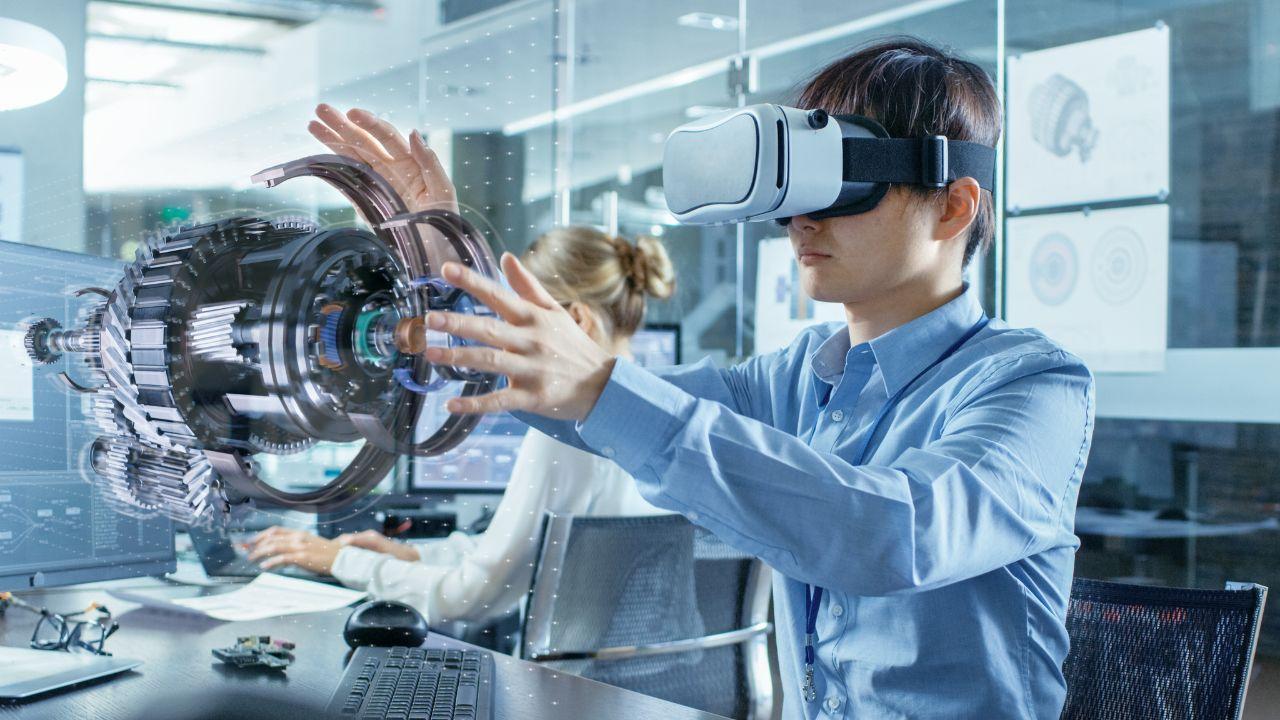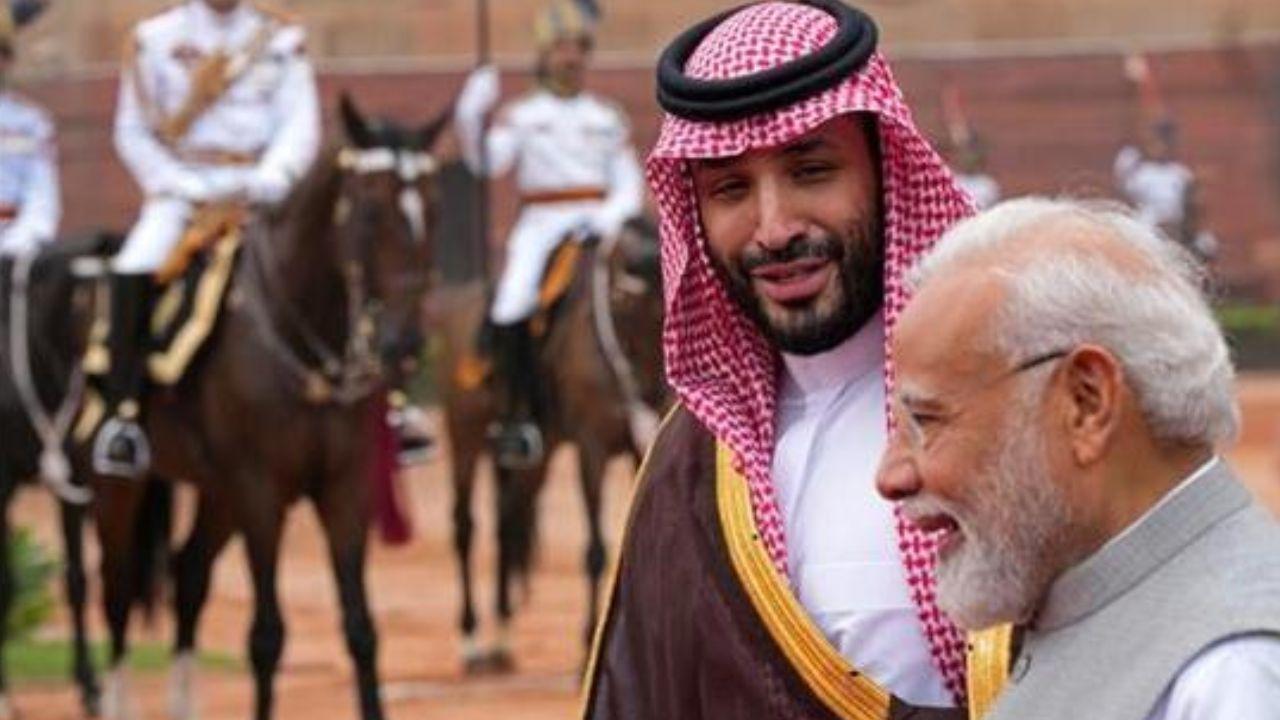
Post by: Zayd Kamal
The film industry has been constantly evolving since the first moving pictures were introduced. From silent films to color technology, and from VHS tapes to streaming services, cinema has experienced rapid advancements. But today, one of the most exciting technologies on the horizon is virtual reality (VR), and it’s sparking the question: Will Virtual Reality Take Over Traditional Movies in the Future? While traditional cinema has shaped the way we experience films, VR has the potential to completely change how we interact with movies, offering immersive experiences that could redefine entertainment. In this article, we’ll explore the capabilities of VR, its potential impact on the film industry, and whether it could eventually replace traditional movies.
Virtual reality (VR) is a technology that allows users to experience and interact with computer-generated environments through a headset. Unlike traditional screens, VR immerses users in a 360-degree digital world where they can look around and even interact with objects and characters, creating a sense of presence in a virtual space. VR experiences are often enhanced with audio and sometimes haptic feedback, which makes them feel even more lifelike.
The potential of VR in cinema is evident. Instead of simply watching a film unfold on a screen, viewers could be placed directly in the world of the movie, walking alongside characters, exploring landscapes, and experiencing the story from a first-person perspective. This shift could change everything we know about storytelling and movie-watching.
Over the past few years, VR has gained significant traction in the entertainment industry. Gaming has been one of the primary areas where VR has flourished, with immersive experiences allowing players to step into virtual worlds and interact with them in ways that weren’t previously possible. Major tech companies, such as Oculus (owned by Facebook), HTC, and Sony, have developed VR headsets that make this technology more accessible to consumers.
But VR’s influence isn’t limited to gaming. It’s also starting to find its place in the film industry. Directors and filmmakers are exploring how VR can provide more engaging and interactive storytelling. Films such as “The Lion King VR” and “The Invisible Man VR” offer short VR experiences that allow audiences to immerse themselves in the world of the film, adding a new layer of interaction to the viewing experience. Additionally, VR is being used to create virtual sets for movies, providing filmmakers with new ways to visualize and create their films in virtual spaces.
One of the most exciting aspects of virtual reality is its ability to offer an interactive and immersive experience. When it comes to traditional films, audiences are often limited to passive viewing—they sit in a theater, watch the story unfold on a screen, and react emotionally to the characters and plot. With VR, viewers become part of the story. They can walk around the set, explore different aspects of the scene, and interact with the environment. This creates a more personalized, active experience, which could dramatically change the way we consume films.
In addition to interactivity, VR offers the potential for a deeper level of immersion. Traditional films rely on visual and auditory cues to tell a story. With VR, however, viewers can experience a film in a fully 3D, 360-degree space, creating a heightened sense of presence. Imagine being inside a dramatic action scene, feeling as though you’re right in the middle of the action, or standing in a beautiful virtual landscape as the story unfolds around you. This level of immersion has the potential to evoke stronger emotional responses and create more memorable experiences for audiences.
As exciting as the possibilities of VR are, the question remains: Will Virtual Reality Take Over Traditional Movies in the Future? While VR offers immersive, interactive experiences that traditional films can’t replicate, it’s unlikely that VR will entirely replace conventional cinema anytime soon.
Traditional films have a rich history, and many moviegoers still prefer the experience of watching a film in a theater with a large screen and surround sound. Cinema has evolved over decades, and its appeal goes beyond just the content—it’s about the atmosphere, the social experience, and the cultural significance of film. A trip to the movie theater is often as much about the experience as it is about the film itself.
Moreover, VR technology is still in its infancy when it comes to cinema. The production of VR films is much more complex than traditional filmmaking, and the cost of creating high-quality VR experiences can be prohibitive. Additionally, VR headsets can be uncomfortable for long periods, and the need for specialized equipment may deter some moviegoers. While VR offers a unique experience, it may not be as universally accessible as traditional films, which can be watched on a variety of devices, from theaters to smartphones.
While VR may not entirely replace traditional movies, it’s likely that we will see a hybrid model emerge, where both VR and traditional cinema coexist. Filmmakers may create VR experiences that complement traditional films, providing audiences with an additional layer of engagement. For example, a VR experience might allow viewers to explore the world of a movie in more detail after watching the film on the big screen. Alternatively, filmmakers could create immersive VR experiences that are connected to a wider media franchise, offering fans a deeper connection to the story and characters.
In fact, the future of VR in cinema might not be about replacing traditional films at all but about expanding the possibilities of storytelling. We could see new forms of media where traditional films and VR experiences work in tandem to create a more holistic entertainment experience.
This article explores the question, "Will Virtual Reality Take Over Traditional Movies in the Future?" and examines the potential impact of virtual reality (VR) on the film industry. It discusses how VR is reshaping entertainment by providing immersive, interactive experiences that traditional cinema cannot offer. While VR promises a more personalized and engaging way of experiencing films, it is unlikely to completely replace traditional movies. The article suggests that instead, a hybrid model of both VR and traditional films will emerge, providing audiences with a richer, more dynamic way to enjoy stories. The future of cinema may involve blending both technologies to create new forms of storytelling.
The information provided in this article is for general informational purposes only and reflects current trends and insights in the entertainment industry. DXB News Network does not guarantee the accuracy or completeness of the content. Readers are encouraged to conduct their own research and stay updated on developments in virtual reality and cinema. The opinions expressed are those of the author and are subject to change as technology and the entertainment industry evolve.
#trending #latest #VirtualReality #FutureOfCinema #DigitalMovies #ImmersiveExperience #VRInMovies #FilmIndustry #TechnologyAndCinema #MovieInnovation #NextGenEntertainment #StorytellingRevolution #breakingnews #worldnews #headlines #topstories #globalUpdate #dxbnewsnetwork #dxbnews #dxbdnn #dxbnewsnetworkdnn #bestnewschanneldubai #bestnewschannelUAE #bestnewschannelabudhabi #bestnewschannelajman #bestnewschannelofdubai #popularnewschanneldubai

Vikrant Karyakarte: The Artist Who Paints the Rhythm of Life....Read More.

PM Modi will visit Jeddah to meet Crown Prince MBS. Talks will cover strong ties, strategy, and new MoUs. This is his first visit in his third term....Read More.














Humanoid Robots Race with Humans at Half-Marathon in China
21 humanoid robots raced alongside runners in the Yizhuang half-marathon, showcasing robotic enginee

Woman Brain-Dead After Paris Cryotherapy Accident
A woman is brain-dead after a fatal cryotherapy accident in Paris that also claimed a gym worker’s l

A Chinar Leaf in the Desert: Zubair Kirmani and the Journey of Kashmir at World Art Dubai
A Chinar Leaf in the Desert: Zubair Kirmani and the Journey of Kashmir at World Art Dubai

Carla Gía Brings the Language of Duality to World Art Dubai 2025
Carla Gía Brings the Language of Duality to World Art Dubai 2025

Not Just a Painting, It’s a Pulse: Deena Radhi at World Art Dubai 2025
Not Just a Painting, It’s a Pulse: Deena Radhi at World Art Dubai 2025